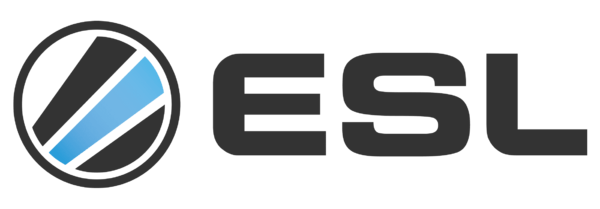In July Counter-Strike: Global Offensive player Kory “Semphis” Friesen admitted that he and his team used Adderall, a drug used to treat ADHD, during the Electronic Sports League event One Katowice held in March. The confession stirred outcry and the ESL responded by saying they would team up with NADA, Nationale Anti-Doping Agentuar, and WADA, World Anti-Doping Agency, to ensure fair competition in future events.
ESL has now released the details for their new policy.
 The ESL is banning all substances under the prohibited list on WADA’s website. They will be using a saliva test, contrary to the skin tests they announced using previously.
The ESL is banning all substances under the prohibited list on WADA’s website. They will be using a saliva test, contrary to the skin tests they announced using previously.
The tests will be performed at their discretion, at any point in time during the event, in a designated testing area. The tests will be randomized, and could easily hit all or the majority of players.
The ESL will make exceptions for those with a prescription for a certain medication like Adderall as long as the player notifies the ESL before the first match is scheduled to start.
If a player tests positive, punishment will range from prize money/tournament points deducted to disqualification and a two-year ban from all ESL events. Each case will be evaluated individually.
Some substances are hard to trace.
However, despite some fans encouraging the ESL for moving in the right direction for fair play, others are already criticizing the policy. One Redditor is convinced this will solve nothing:
“This simply won’t stop players who want to use stimulants from using them. There’s countless research chemicals available legally that will not show up on any test. I can think of 3-FPM, Ethyphenidate, Isopropylphenidate, MPA and there’s tones of others.” -homogenized_milk
These drugs are often referred to as New Psychoactive Substances (NPS) or “legal highs” which, according to the U.S. Library of Medicine, means drugs that are molecularly altered to get around laws while mainting the same effects. Not only are these drugs technically legal because they change so often the government can’t keep up, they don’t often show up on drugs tests. Though according to Crew Enterprise, a UK based drug agency, just because the drugs have a lower chance of being detected, doesn’t mean they can’t be detected; there is a risk of being caught with such drugs, but it’s much less likely.
The test method is under fire.
Others are complaining that randomized tests are worthless. There’s no guarantee that someone on these medications will actually get caught. If they don’t appear that they are on drugs, the ESL could completely pass over them.
Yet the list of complaints strings further. Another Redditor spoke out against the saliva test itself:
“Let it be known saliva tests are by far the easiest tests to mask against.” -Babarski
According to Omega Labs, a leading company in drug testing, various adulterants have been tested but none have proven to affect the results of saliva tests. However, the U.S. National Library of Medicine tested something a little different than adulterants.  Foods and techniques that produce more saliva, like chewing gum, can alter the concentration of the drug. If done properly, there is no guarantee drug use would show up on a saliva test. The National Library of Medicine also states that the effectiveness of the test is based upon how much saliva can be gathered. If enough saliva can’t be gathered then the test can’t be conducted. Low levels of saliva can be impacted by a range of physiological factors which includes drugs use itself.
Foods and techniques that produce more saliva, like chewing gum, can alter the concentration of the drug. If done properly, there is no guarantee drug use would show up on a saliva test. The National Library of Medicine also states that the effectiveness of the test is based upon how much saliva can be gathered. If enough saliva can’t be gathered then the test can’t be conducted. Low levels of saliva can be impacted by a range of physiological factors which includes drugs use itself.
Though the ESL is aiming for fair play in e-sports, they still have a long way to go before their methods are perfect and fool proof.
The full announcement can be found here.







Published: Aug 12, 2015 06:54 am